The House Judiciary Committee yesterday passed H.R. 2102, a bill that would provide federal protection for journalists' confidential sources. A press release issued by a coalition of more than 40 media companies and organizations that support the measure, including AAN, applauded the committee's action. “The Free Flow of Information Act establishes important ground rules that balance the public interest in both the free flow of information and the fair administration of justice," says Paul Boyle, senior vice president of public policy at the Newspaper Association of America. "By enacting a federal shield law, the Congress can ensure that all parties -- journalists, sources, prosecutors, civil litigants and courts alike -- can rely on consistent and well-articulated standards of procedure.”
The columnist and Creative Loafing shareholder says his company's acquisition of the Chicago Reader and Washington City Paper is neither an "idealistic foray" nor a "hostile takeover of independent papers." The way Sugg sees it, the two papers were caught up in a "broader crisis in the publishing business" that their former owners weren't nimble enough to navigate. He also defends CEO Ben Eason, who hasn't exactly been welcomed with open arms in Chicago and Washington. "He believes alt-weeklies can help readers strengthen their communities," says Suggs. "Eason loves to see controversy in his newspapers. He admits mistakes, takes risks and has an ambitious vision for new media. His lieutenants often disagree with him; he listens ... sometimes."
In 1977, Johns Hopkins University graduates Russ Smith (who later founded New York Press) and Alan Hirsch launched the first issue of City Squeeze. "Despite the dreadful name (soon changed to its current handle) and shoestring origins, it quickly established itself as the house organ of Baltimore's demimonde as well as a feisty elbow-thrower in the local media scrum," says current editor Lee Gardner in this week’s cover intro. The issue features several stories from the archives, including a 1979 examination of Charm City's political bosses by Black Hawk Down author Mark Bowden, a 1984 interview with child molester Arthur Goode by Hairspray filmmaker John Waters, and a selection of photography by long-time contributor Jennifer Bishop. Online readers can also check out the first year of City Squeeze issues in a PDF gallery. "As for the future of City Paper, well, there’s another issue to get out next week, and another the week after that, and I believe that the paper offers something distinctive enough that the demand for it will endure for weeks and weeks and weeks to come," writes Gardner.
The Denver-based Avalon Equity Fund sold the 20-year-old alt-weekly to Manhattan Media, owner of five neighborhood weeklies and other Manhattan-focused publications. The company plans to merge the Press with Our Town Downtown, a weekly paper started last year that circulates in Lower Manhattan, according to the New York Times. In the company's press release, Tom Allon, president and CEO of Manhattan Media, says: "At its best, The New York Press has been one of the most distinctive community publications in this city. ... It was a leader in blogging before the word was even used -- distinctive perspectives, opinions, reporting and reviews. While New York City has changed dramatically in the nearly twenty years since Russ Smith founded the Press, the need for independent voices and real community news and views hasn't."
In its main feature (subscription-only), the newspaper industry trade publication focuses on the intense competition alternative newspapers now face from new products launched by daily newspapers. "All kinds of competition have been muscling in a market niche that the alternatives have had to themselves for a long time," Washington City Paper editor Erik Wemple tells E&P. On top of burgeoning web competition, he adds, "now everybody is doing free distribution, and listings-driven publications." A shorter piece (also subscription-only) looks at consolidation in the alt-weekly biz, with a special focus on its affect on national advertising.
The American Bar Association is considering resolutions that would "drastically limit public access to criminal justice system records," according to a press release issued by the Reporters Committee for Freedom of the Press. One of the ABA recommendations would urge federal, state and local governments to limit access to closed criminal-case files that didn't result in a conviction; another seeks to seal conviction records "after passage of a specified period of law-abiding conduct." The ABA's House of Delegates will vote on the resolution Aug. 13-14. The Reporters Committee urges news outlets to report and comment on the matter in advance to make ABA delegates aware of media and public concerns.
- Go to the previous page
- 1
- …
- 309
- 310
- 311
- 312
- 313
- 314
- 315
- …
- 968
- Go to the next page








